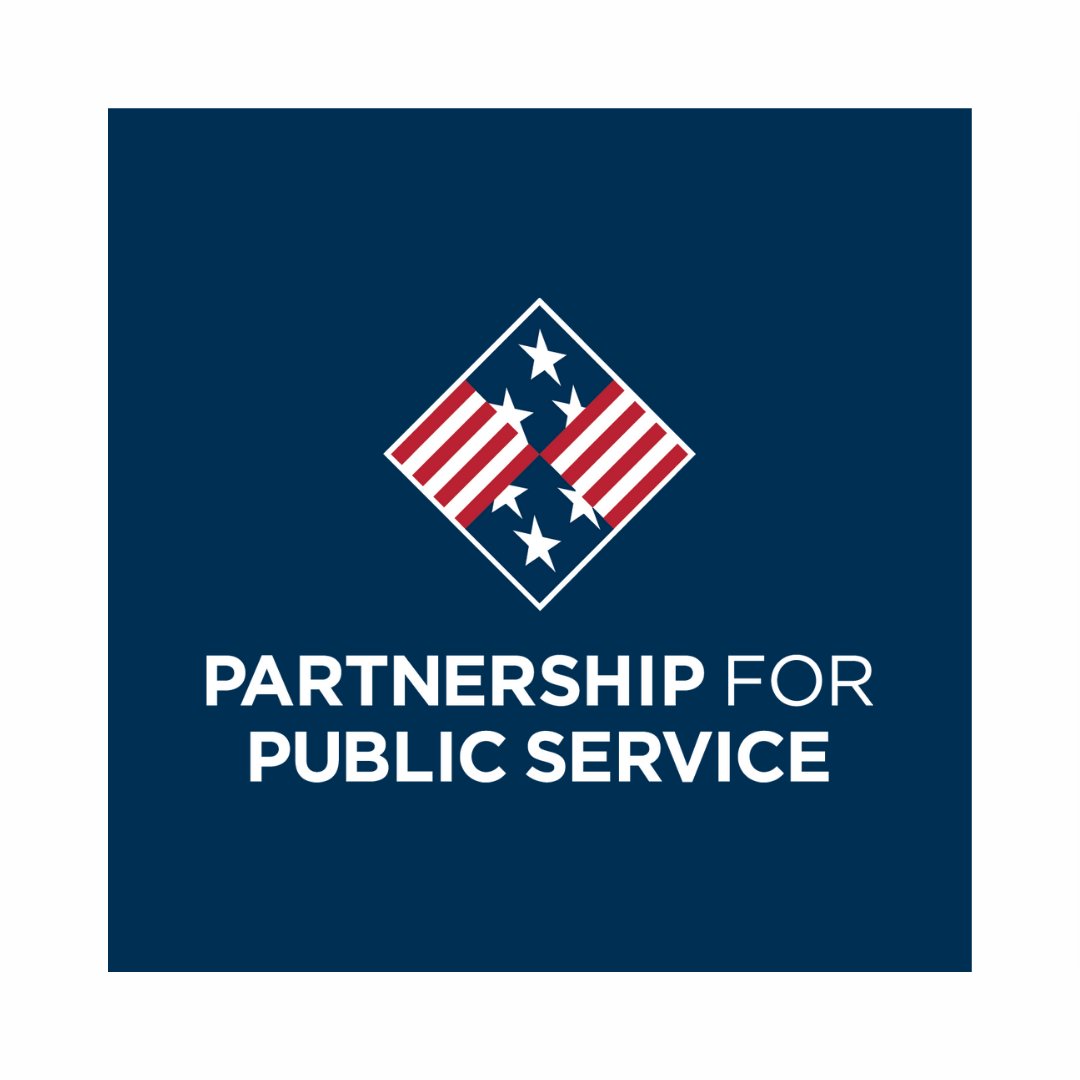
Editor’s note: The following are excerpts from a blog post by the Partnership for Public Service, an RFG Institutional Partner.
The president recently signed an executive order that threatens the integrity of the professional, nonpartisan civil service—a core feature of American government since the late 1800s. The order permits agencies to transfer career employees working in policy roles into positions under a new job classification called Schedule F that are removed from the longstanding protections against politically motivated personnel decisions. The executive order also opens the door for a wave of non-competitive hiring into the Schedule F in the final days of an administration.
The move could replace tens, if not hundreds, of thousands of career civil servants with officials who essentially act as political appointees.
…
In a recent USA Today op-ed on the executive order, Partnership President and CEO Max Stier warned that “federal agencies across the government are quietly moving ahead with an 11th hour plan to fill vacant, nonpartisan career jobs with political appointees as well as fire and replace civil servants with individuals loyal to President Donald Trump.”
RFG joined more than 20 good government organizations and individuals who recently sent a letter on this issue (text below) to the Hill and urged Congress to act now to stop this irresponsible executive order, and the incoming Biden team to make it a priority to undo this attack on this essential feature of our democracy.
Additional articles:
…
Dear Member of Congress,
The undersigned organizations are united in our commitment to inspiring public service and encouraging excellence in government for the betterment of the American people.
In that vein, we write to urge you to block implementation of President Trump’s Executive Order (EO) 13957 in the next government funding package considered by Congress. Specifically, we urge you to support including the limitation of funds language in subsection (b) of Senator Gary Peters’ bill, S. 4907, to nullify the EO, or in section 2(b) of H.R. 8687, the Save the Civil Service Act, introduced by Reps. Gerald Connolly, Carolyn Maloney and Steny Hoyer, in any omnibus appropriations bill or continuing resolution.
The EO creates a broad exception to competitive civil service rules through a new Schedule F job classification, removing protections ensuring such civil servants are hired and fired based on merit. The new classification could apply to hundreds of thousands of federal positions, exposing employees in these jobs to politically motivated hiring and firing.
Our nonpartisan civil service has served as a model for other countries for more than a century. Since the passage of the Pendleton Act of 1883, civil servants have been hired based on their qualifications, and have been protected from removal based on political affiliation. These protections do not exist for the sake of the civil servants themselves, but rather to ensure the government delivers services insulated from undue political influence. They ensure continuity of government through changing administrations, preserving institutional knowledge and expertise within the government. They safeguard the rule of law, protecting employees choosing adherence to the Constitution rather than political party.
The need for Congress to act is urgent, especially as we are in the midst of a transition. Failing to act will set a dangerous precedent, signaling congressional indifference to a substantial expansion of executive power. The EO upends a longstanding legislative framework that ensures a nonpartisan civil service – a framework that assures the laws Congress passes will be implemented as written, and the funds they appropriate will be disbursed as directed. If Congress remains silent, it indicates acceptance not just of this EO, but of future administrative actions to dismantle the legislative framework supporting a nonpartisan civil service.
Failing to block the EO raises substantial and immediate risks. The language of the EO authorizes broad changes to the federal workforce through reclassification or removal before inauguration day on January 20, 2021. At best, this EO will serve as a distraction at a time when the focus should be on ensuring a smooth transfer of power from one administration to another. At worst, career civil servants upon whom Americans rely for deep expertise and lifesaving services during the pandemic and economic crisis – from approving vaccines to distributing loans – could be removed for political reasons.
The EO also opens the door for a wave of non-competitive hiring into the new Schedule F in the final days of an administration. Unlike Schedule C political appointees who conclude their tenure at the end of an administration, Schedule F appointments would last beyond the administration, meaning the following administration could inherit thousands of the prior administration’s appointees. Even if the EO is rescinded, reversing Schedule F hiring actions may not be a simple process. If not rescinded, the vagueness of the order leaves no guardrails going forward to ensure nonpartisan hiring, promotion, firing, or other personnel action.
Our opposition to this EO does not detract from our collective view that we must work together to modernize federal government personnel systems to ensure a more effective and efficient government. But gutting the merit-based system, rather than reforming it, will not achieve merit-based results.
For these reasons, the undersigned organizations urge you to prohibit the expenditure of federal funds to implement Executive Order (EO) 13957 in the next government funding package considered by Congress.
If you have any questions or comments regarding this letter, please contact Troy Cribb with the Partnership for Public Service at tcribb@ourpublicservice.org, Jason Briefel with the Senior Executives Association (SEA) at jason.briefel@seniorexecs.org, or John Hatton with the National Active and Retired Federal Employees Association (NARFE) at jhatton@narfe.org.
Thank you for your consideration of our views,
Partnership for Public Service
Senior Executives Association (SEA)
National Active and Retired Federal Employees Association (NARFE)
Project On Government Oversight (POGO)
The Volcker Alliance
Truman Center for National Policy
Revolving Door Project
Professional Managers Association (PMA)
Government Information Watch
Open The Government
Federal Managers Association (FMA)
FAA Managers Association (FAAMA)
American Society for Public Administration (ASPA)
National Employment Law Project
National Association of Assistant United States Attorneys (NAAUSA)
Government Accountability Project
In the Public Interest
Democracy Fund Voice
Citizens for Responsibility and Ethics in Washington (CREW)
Alliance for Digital Innovation
Robertson Foundation for Government
Andrew A. Rosenberg, Union of Concerned Scientists*
Donald Moynihan, McCourt School of Public Policy, Georgetown University*
Donald Kettl, Sid Richardson Professor, Lyndon B. Johnson School of Public Affairs University of Texas at Austin*
*Organization listed for identification purposes






